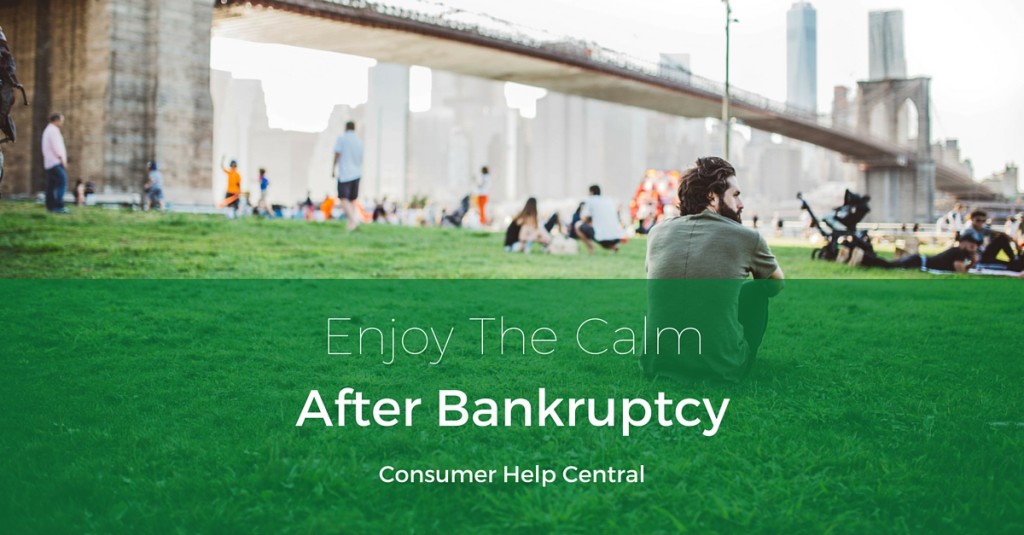What does life feel like after bankruptcy?
When you file for bankruptcy, it’s usually because there’s no better option for you to get your finances under control. Your credit’s shot, your phone’s ringing off the hook and the mail is piling up.
You sit down with your bankruptcy attorney and plot out a course for completing the process. But if you’re like most people, you’re more focused on getting through the problem than what life will look like afterwards.
You ask all the right questions about your credit after bankruptcy, getting the phone calls and letters to stop, and putting a halt to wage garnishments. But the rush of information can be overwhelming, and it’s easy to lose sight of the benefits as you’re wading through the court system.
The notion of bankruptcy as a fresh financial start is a well-worn cliche – but to put a finer point on it, here are some of the changes you’ll see both immediately as well as in the long run.
The Phone Stops Ringing
The minute you file for bankruptcy, the automatic stay puts an immediate halt to collect efforts.
The phone calls stop, and the letters stop jamming your mailbox. Lawsuits come to a halt, and most garnishments on your paycheck will disappear.
That continues after your bankruptcy case is completed, when the permanent discharge injunction replaces the temporary automatic stay.
Some Debts Remain In Place
After bankruptcy, some of your debts may still remain enforceable. Things like student loans, some taxes, and domestic support orders may remain outstanding.
The good news is that you’ll probably have more money available to repay those debts now that you’re no longer burdened with the ones that were wiped out in your bankruptcy case. As you begin to pay off those remaining debts, you’ll see your credit score start to rise fairly quickly – often in as little as 12 months.
Your Credit Score Will Improve
According to the Federal Reserve Bank, filing for bankruptcy will raise your credit score. Your old debts will be wiped out and you’ll have a better debt-to-income ratio.
But credit report errors are fairly common, especially for people who have just gone through bankruptcy. With such a large volume of information being updated at one time, it’s easy to understand how some accounts may be overlooked. That’s why it’s so important for you to check your credit reports after your case is completed.
If there’s a problem on your credit report after bankruptcy, don’t panic – just go through these simple steps to get the errors corrected. There’s no need to hire a credit repair company to help you, though you should talk with a lawyer if your initial efforts don’t get you the results you need.
An Opportunity to Build Your Savings
The best way to avoid getting back into debt is by keeping a rainy day fund. Now’s a great time to start working on yours.
You may not be able to put a ton of money into your savings account each month, but even a few dollars goes a long way over a few years.
Remember, none of this is going to change your world overnight. But if you start now, things will be better in the future than they are the day after bankruptcy.
